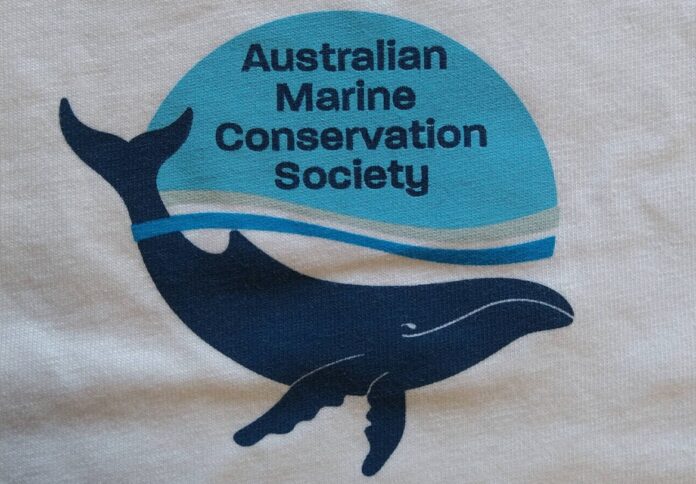
The plastics consumed by Australians each year have a greenhouse emissions impact similar to 5.7 million cars, or more than one-third of all vehicles on Australian roads, according to a new analysis.
The study commissioned by the Australian Marine Conservation Society and WWF Australia has found that 16 million tonnes of greenhouse gases were produced nationwide from plastic consumption in the 2019-20 fiscal year.
Titled, “Carbon emissions assessment of Australian plastics consumption,” the analysis estimated that by 2050, the emissions from the manufacture, transportation, and waste management of plastics used in Australia will more than double to 42.5 million tonnes yearly.
Plastics, according to the Centre for International Environmental Law, could account for up to 15 per cent of the world’s carbon budget by 2050 if serious action is not taken.
The report is the first significant study to estimate the emissions related to plastics manufacture and disposal, including recycling, as well as what Australia can do to reduce those emissions.
According to the paper, plastics emit considerable amounts of pollution, with virgin plastics manufactured from fossil fuels emitting more than twice as much as any other material.
The findings are concerning, according to Shane Cucow, campaign manager for the Australian Marine Conservation Society, as they provide unequivocal proof that plastic use is contributing to global warming, which is harming Australia’s entire marine ecosystem.
“We must use less plastic, stop using fossil fuels to make it, and stop using fossil fuels as an energy source for plastic production and recycling. If we don’t, the emissions from plastic will only increase and exacerbate climate change,” Cucow explained.
Meanwhile, Kate Noble, the policy manager of WWF Australia’s No Plastics in Nature program, said recycling alone will not get us out of this situation; we also need to dramatically reduce our consumption of plastic and stop utilising virgin plastic derived from fossil fuels.
She added, “Even if we recycle 100 per cent of the plastic we use, we’ll still see emissions double to more than 34 million tonnes annually by 2050.”
Noble highlighted that the only way to limit people’s addiction to plastic and lessen its effects on the environment at the same time is to reduce plastic use along with improved design, longer usage, and responsible plastic management.
The research suggests three initiatives that together would cut plastic pollution by more than 70 per cent by 2050, such as reducing the overall use of plastic by at least 10 per cent, increasing renewable energy-powered plastic recovery and recycling, and stopping the manufacture of new fossil fuel-derived polymers.
Overall, the study’s findings strongly suggest that in order to considerably reduce the carbon emissions associated with the use of plastics, numerous complementing system-level modifications are needed.




















